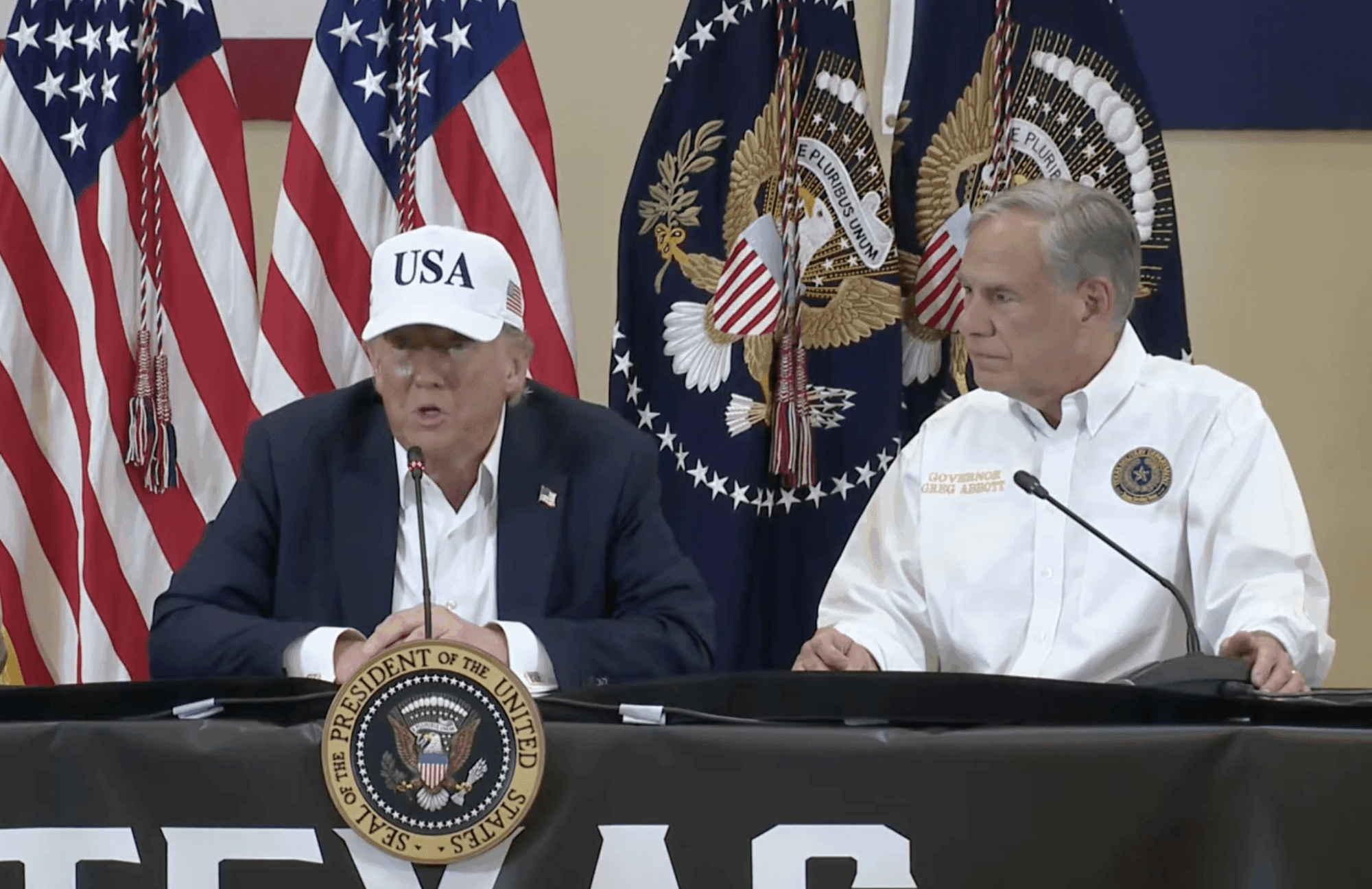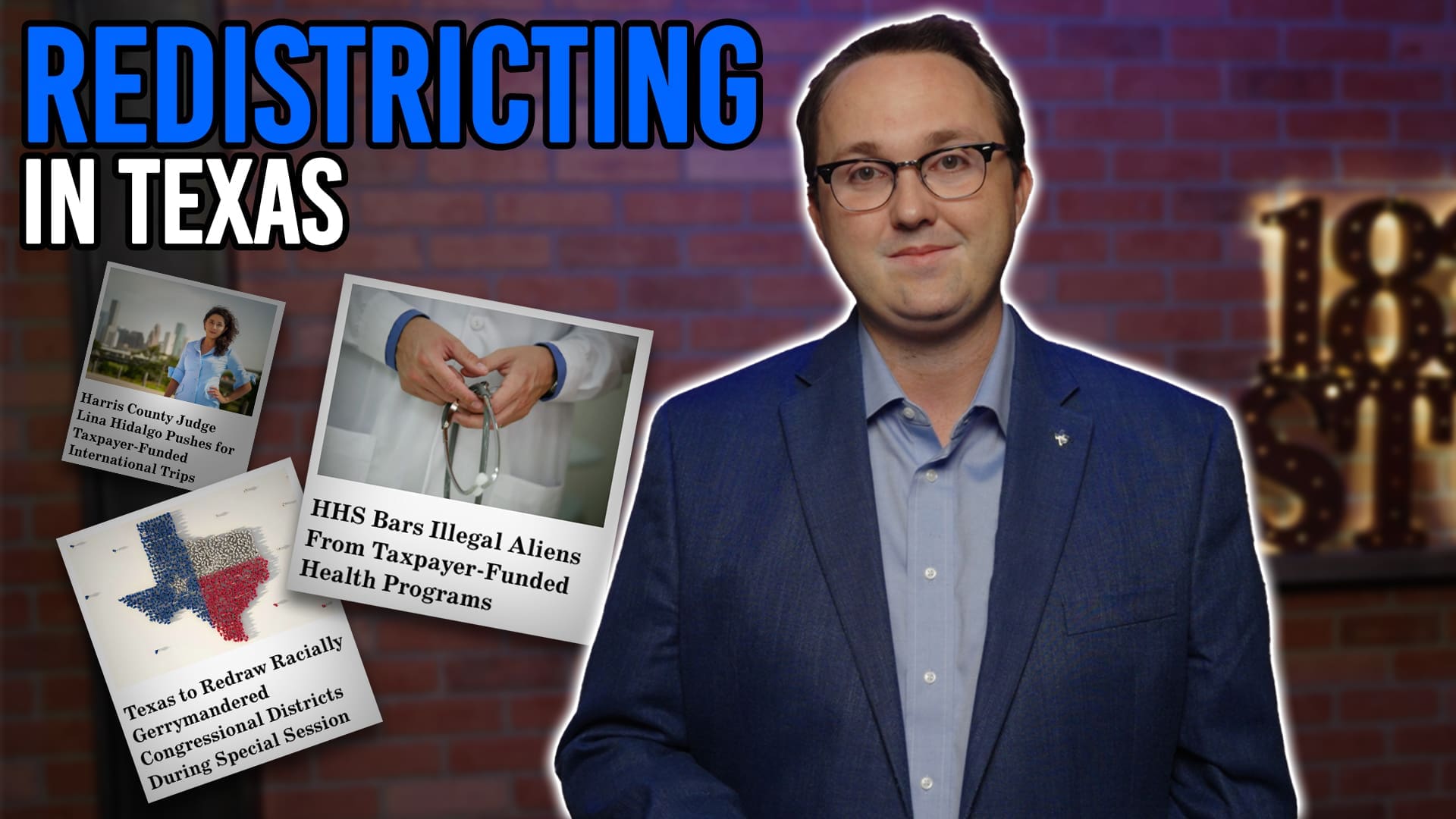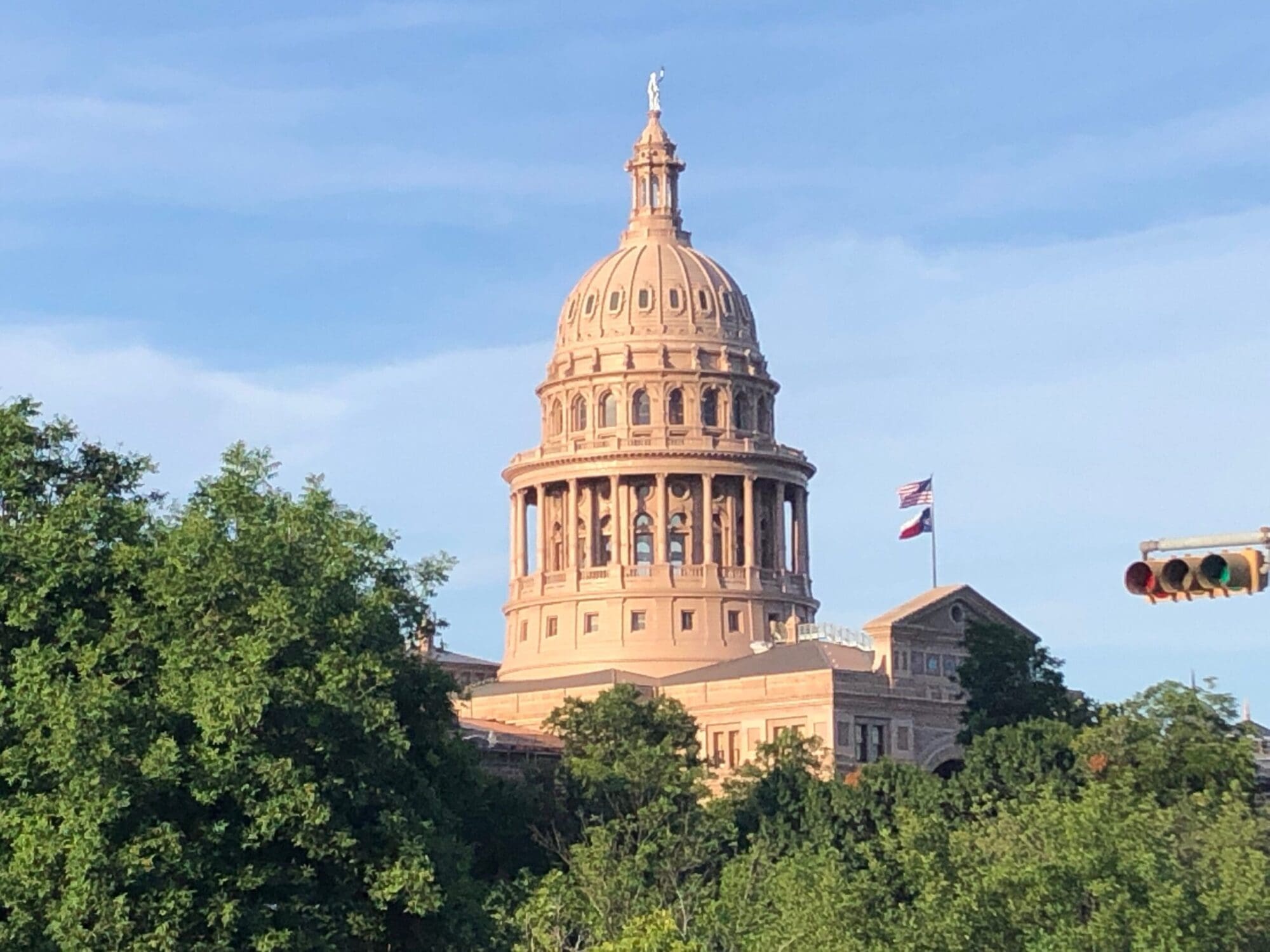Should local elections in Texas be openly partisan? Yes, say conservative political activists who support legislation to make it happen.
A bill filed this week by State Rep. Scott Sanford (R–McKinney) would require candidates for city office to declare a party affiliation, which would appear on the ballot next to the candidate’s name.
House Bill 2092 would also give municipal candidates the option to state if they are not affiliated with any political party.
Under current state law, city elections are nominally nonpartisan, though home-rule cities may choose to have partisan candidates nominated by political parties.
“There is no such thing as a nonpartisan election,” McKinney businessman and conservative leader Derek Baker told Texas Scorecard.
“It is disappointing and I believe misleading to the general public for Texas to continue the charade that local elections are somehow nonpartisan,” Baker said. “Requiring local candidates to declare their party affiliation would be a significant step toward transparency and honesty in local elections across Texas.”
Baker is one of many politically active conservative Republicans who say Sanford’s proposal to make city elections transparently partisan would provide valuable information for voters.
“Your party leanings say a lot about how you would govern and the choices you would make,” True Texas Project CEO Julie McCarty said. “It is high time voters knew the truth about who they are supporting.”
“I support requiring candidates for city offices to declare party affiliation on the ballot,” said Plano conservative leader Howard Powers:
First, it is a way to provide the voter with information on the candidates’ brand. The policies of the two parties are sufficiently distinct nowadays that branding provides a wealth of information. Second, if a candidate declares an affiliation yet deviates from that party’s policies, local activist groups will have a tool to hold the candidate accountable at the next election.
“The events of the past year exposed massive leadership problems in many of our cities, especially with accountability,” said Brian Newman, another of Sanford’s constituents, who heads conservative grassroots organization Collin Strong. “Making city elections partisan will increase accountability because we will have more transparency about the worldview of those who we are electing to lead us.”
Harris County GOP activist Alan Vera cautioned “the major negative is that voters would vote their party rather than the qualifications of the candidates.”
But Golden Corridor Republican Women President Kathy Morgan said political party identification became necessary when the Democrat Party began endorsing local candidates several years ago.
“In our world today, everything is politicized because the different world views do not have much in common,” Morgan said.
“It is critically important that voters know which party the candidates affiliate with,” agreed conservative North Texas activist Suzanne Blackstone. “Candidates have a political point of view that represents the party they align with, either Democrat or Republican. The difference of each party has evolved to a clear revision of their party line.”
“I am all in favor of this bill,” said Kathy Ponce, a conservative California transplant and Ellis County GOP activist:
There is no such thing as “non-partisan” anymore. I believe that every candidate, no matter what seat they are running for, enters the voting booth with a set of values. A candidate stands by, and believes in, either Republican values/platform or Democrat values/platform.
I think Republicans need to wake up to the intentional actions that Democrats take to get control of many factions of the government.
“I say school board members should be included in this bill,” Ponce added.
Longtime conservative leader JoAnn Fleming, executive director of Grassroots America – We the People PAC, went a step further.
“Municipalities, public school boards, community college boards, special taxing districts—every single elected office with the ability to tax, borrow money, and/or influence culture should have party-declaring elections,” Fleming said. “Citizens need to know the core values of candidates.”
“Now more than ever, voters need to know what side a candidate stands on,” said Terri Hall, founder and director of Texans Uniting for Reform and Freedom:
Nonpartisan elections allow candidates to hide their positions on issues important to Texans. With so many that dodge candidate forums and filling out candidate questionnaires these days, this is a useful tool to help voters discern if city candidates align with their own values.
“It’s about time,” added Terry Wade, a Collin County conservative leader and GOP activist. “No office in the land is bipartisan; you legislate your values.”
Texans can weigh in on HB 2092 and other measures by contacting their state lawmakers.
Legislators are in session now through May 31. Details about bills, along with other resources to help citizens participate in the legislative process, are available at Texas Legislature Online.





